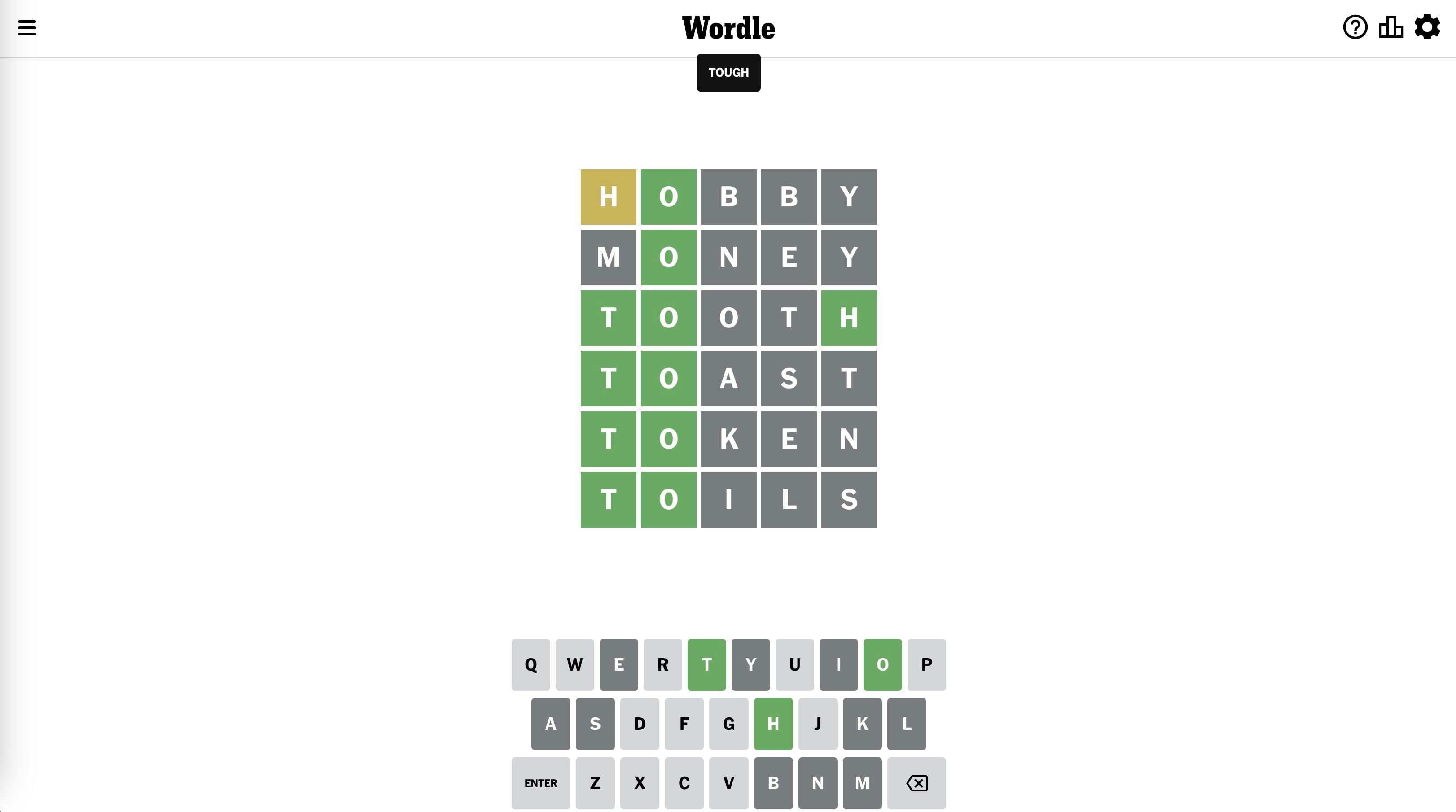Monetizing a hobby seems like a great idea at first. There is money to be made, and why not capitalize on your talent or skills? But before you sign up for what has been dubbed the "creator economy", there is a lot to think about.
What the success stories don't show is the long and dedicated hours needed to start earning money from your hobby. And even if you rise to the challenge, the new workload can easily squash your desire to be creative.
Here are our top reasons why you shouldn't monetize your passion.
1. Monetization Might Ruin Your Passion
Taking your hobby full or part-time runs the risk of turning you off your passion. Like any work that includes commitments, production schedules, and deadlines, the fun can quickly evaporate.
Meeting the expectations of paying clients introduces a new kind of pressure, and being genuinely creative is pushed further down the list of priorities.
Let's take look at the example of selling your work online. On the one hand, platforms like Instagram offer an easier pathway to starting a mini business than traditional methods, and navigating the posting format and interactions is nothing new if you already have an account.
But once you start selling items—be that second-hand clothes or prints of your artwork—the next hurdle you face is production costs, navigating postage systems, meeting demand, and of course, customer service.
From jam-making to quilting, turning your hobby into a side hustle can ultimately ruin a hobby that originally brought you joy and comfort—just ask the people who were interviewed for a The Guardian article. Heed their warning, the stress of making a profit can cause the flame of passion to fizzle out.
2. It's Exhausting and Difficult
Monetizing your hobby sounds like a no-brainer since you're already doing the hard work anyway. But hidden behind such a deceptively simple idea is a whole lot of extra work.
It comes in the form of understanding how different platforms pay creators, working out how to get recognized by algorithms, and maintaining a strong relationship with your audience. The large majority of them are probably there just to see something cool for free.
A common method of monetization is placing ads on your videos or posting sponsored content on your social media account. To reach that level, you first need to have plenty of views or an active following. In other words, you need to grow and maintain a large audience.
It's tempting to see how much money a YouTuber makes and imagine heading down the same path, but these people have millions of subscribers, which isn't easy to achieve. You may not even be eligible to make money until you have garnered enough views and subscribers.
To start making money off ad revenue via YouTube's partnership program, you need to meet the minimum criteria of 1000 subscribers and 4000 watch hours in the last 12 months. No doubt, chasing likes and views can be exhausting and a big distraction from your hobby.
3. Not Everything Needs to Make Money
There are plenty of great reasons for having a hobby and making money doesn't need to be one of them. Take, for example, the viral 2022 web game called Wordle, enjoyed by people across the internet who were hooked on guessing the five-letter word of the day in just six tries.
The game could have come with a price tag from the beginning, or been monetized once the game reached an extraordinary level of fame, but neither of those options appealed to its creator Josh Wardle.
Instead, it turns out he initially built this game for him and his partner to enjoy as part of their morning routine before beginning the day. Later he shared it with friends and family before offering it to the public to have a go. As he explained to the BBC, "I don't understand why something can't just be fun", and "I don't have to charge people money for this and ideally would like to keep it that way."
Wordle was eventually sold to the New York Times which maintained its monetization-free status, so you can still play it for free today. Monetizing your hobby can make you forget why you did it in the first place. Perhaps, just to bring someone a bit of joy.
4. Monetization Isn't Always Lucrative
If you're looking for some extra cash, then monetizing your passion seems like a viable option. Certainly, the success stories across all kinds of media platforms would lead you to believe this. But does monetization pay enough to justify the extra hours of time and effort?
Let's take Spotify as one example. The Spotify app has changed the way most people listen to music by giving us all the chance to pay a small subscription fee in exchange for a global catalog of music at our fingertips. If music is your hobby, it would seem that you could potentially make some extra money in the form of royalties.
Of course, we all know that you need a lot of monthly listens to start earning revenue, but even then, the true figures of how much people are earning are disappointing.
In 2020 the Rolling Stones revealed that only 0.2 percent of artists on Spotify made over 50k a year, that's a small group of 13,400 people across the world. When the income for the top earners is broken down even further, it's clear that even the most successful artist struggle to make enough. In the end, Rolling Stones reckons that "99 percent of artists are failing to make decent money online."
We ourselves crunched the numbers on just how much money Spotify artists earn to find that it's woefully inadequate, especially considering the size and scale of Spotify as both a product and a company.
The success stories of artists monetizing their work and quitting their day job are something that we would all like to believe. But in some industries, the reality is that not enough money is being paid out to the hardworking creators who hope to earn some money from their creative skills.
5. Monetization Leaves No Time for Rest
Among the top reasons for doing a hobby in the first place is that it's often relaxing and a good way to recover some energy or spend time on your own interests. In other words, it can be really beneficial for your mental health.
For a lot of people, it's one of few things that fall outside the category of work, where the whole point is that you aren't gaining anything by doing it, least of all a salary.
The hustle culture and creator economy already make a lot of people feel guilty that they aren't maximizing every hour of every day. But creative projects do have value, just not the monetary kind.
They can be a great buffer against the stress of everyday life, can be one way to deal with anxiety, or a way to build connections with people that share similar interests. In the end, if your hobby is there to help you rest and recuperate, be wary of letting monetization ruin that.
Don't Let Monetization Fool You
There are countless people who will tell you to monetize your hobby because it's easy an easy way to make money. But when you explore what monetization really means, there's much more to think about.
Monetization can turn something that was once fun into just another form of work. Taking away time you might have spent resting from the usual stresses in life. Not to mention in some industries, there isn't actually that much money to be made.
Not everything needs to make money, least of all the hobbies that you are passionate about. Sometimes there is joy in doing something just for the fun of it.




